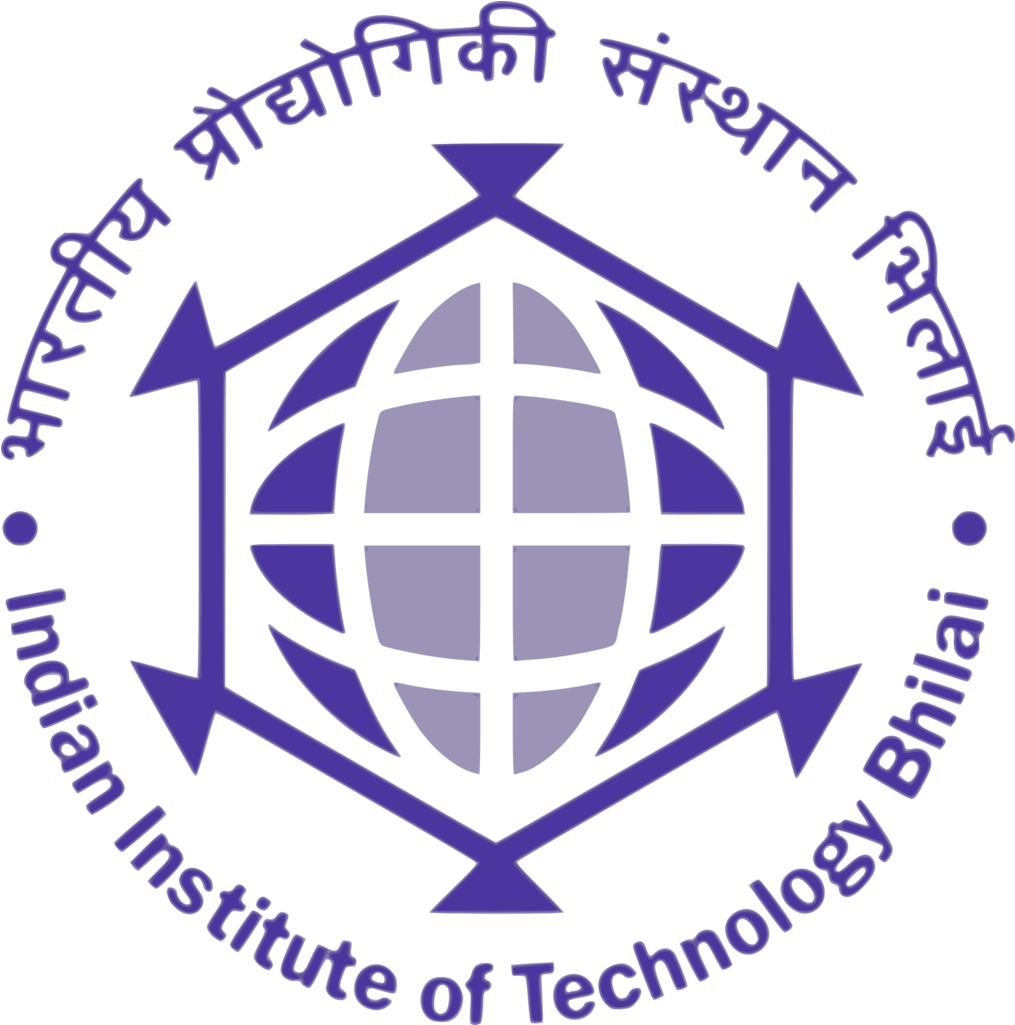

This page holds all the courses that the department offers. Course contents are updated and maintained periodically.
Students are advised to keep checking for any important updates.
Bayes Rule and its connection to inference, various sampling methods, Modern PAC analysis
(probably approximately correct).
Geometry of high-dimensional space, distance metrics used for numerical and text data.
Locality sensitive hashing (LSH).
Matrix approximation techniques: Principal Component Analysis, SVD and dimensionality
reduction.
Application of transforms (Fourier, Laplace) to data analysis.
Linear regression problem, gradient descent.
Introduce some representative datasets using images, documents and tables. Use
Matlab/Python/R to demonstrate and explore basic concepts.
Prerequisites: NA
Design of distributed program models and abstractions, such as MapReduce, Dataflow and
Vertex-centric models, for processing volume, velocity, and linked datasets, and for storing
and querying over NoSQL datasets.
Approaches and design patterns to translate existing data-intensive algorithms and analytics
into these distributed programming abstractions.
Distributed software architectures, runtime and storage strategies used by Big Data platforms
such as Apache Hadoop, Spark, Storm, Giraph, and Hive to execute applications developed
using these models on commodity clusters and Clouds in a scalable manner. Design of
distributed program models and abstractions, such as Map Reduce, Dataflow and Vertexcentric models, for processing volume, velocity, and linked datasets, and for storing and
querying over NoSQL datasets.
Approaches and design patterns to translate existing data-intensive algorithms and analytics
into these distributed programming abstractions.
Distributed software architectures, runtime and storage strategies used by Big Data platforms
such as Apache Hadoop, Spark, Storm, Giraph and Hive to execute applications developed
using these models on commodity clusters and Clouds in a scalable manner.
Prerequisites: NA
Probability and statistics: Review, Statistical measures and tests, Statistical analyses using
Rand Python, and MATLAB, Linear Regression, Hypothesis Testing, Resampling Techniques,
and Bootstrapping, Introduction to contemporary statistical packages
Prerequisites: NA
Data science workflow, Automated methods for data collection, Data and Visualization
Models, Data wrangling and cleaning, Exploratory data analysis
Building Models for: Classification, Clustering, Regression, Time-series, Association Analysis,
Recommendation Systems.
Model evaluation, statistical tests for significance of predictors. Model regularization: ridge,
lasso, elastic-net.
Visualization Software and Tools, Visualization Design, Multidimensional Data, Graphical
Perception, Interaction dynamics for Visual Analysis, Using Space Effectively, Stacked
Graphs, Geometry & Aesthetics.
Networks, Graph Visualization and navigation in information Visualization, mapping &
Cartography, Text Visualization.
Prerequisites: NA
Problem solving, search techniques, control strategies, game playing (mini-max), reasoning,
knowledge representation through predicate logic, rule-based systems, semantic nets,
frames, conceptual dependency formalism. Planning. Handling uncertainty: Bayesian
Networks, Dempster-Shafer theory, certainty factors, Fuzzy logic, Learning through Neural
nets - Backpropagation, radial basis functions, Neural computational models - Hopfield Nets,
Bolzman machines, MATLAB programming, introduction to Machine Learning, Supervised
and Unsupervised Learning, Introduction to Machine Learning libraries.
Prerequisites: NA
Introduction, Data in Data Analytics, Descriptive Statistics, Programming with R, Probability
Distributions, Sampling Distributions, Statistical Inference, Statistical Tables Relation
Analysis, Analysis of Variance (ANOVA), Bayesian Classifier, Information Based
Classification.
Support Vector Machine Sensitivity Analysis Similarity Measures.
Prerequisites: NA
Introduction to big data and its peculiarities. Map Reduce as a datacenter-scale programming
abstraction. Parallel algorithm design to process massive datasets. Algorithms to solve
problems from a variety of domains: web search, e-commerce, social-networking, machine
learning. Streaming Algorithms, sketching algorithms. Brief discussion of next generation
systems like Spark and Flink.
Prerequisites: Introductory courses in probability, statistics, linear algebra and algorithms.
Introduction, Document Indexing, Storage and Compression, Retrieval Models, Performance
Evaluation, Text Categorization and Filtering, Text Clustering, Web Information Retrieval,
Learning to rank, Advanced Topics (Text Summarization, Question answering, Recommender
Systems)
Prerequisites: NA
Analysis techniques for high dimensional datasets; Algorithms for massive data problems;
Graph representation learning and Graph Neural Networks; Link Prediction, Graph and Node
classification, Applications of Graph learning; Network algorithms including those for the World
Wide Web; Clustering algorithms for high dimensional datasets; Advanced techniques for
Time Series analysis: Motifs, Anomaly detection, Matrix Profile Technique
Prerequisites: DS250 or equivalent.
Fundamentals - Visual perception, image sampling and quantization; Intensity transformations
- nonlinear transformations for enhancement, histogram equalization; Spatial filtering -
convolution, linear and order statistic filters, unsharp masking. Image Transforms - discrete
Fourier transform, discrete cosine transform; Transform domain processing - image
smoothing, specialized filters (Gaussian, Laplacian, etc); Image restoration - using spatial
filters, Wiener filter; Introduction to colour spaces and colour image processing; orphological
image processing - erosion and dilation, opening and closing, hit-or-miss transform, thinning
and shape decomposition; Binarization and Image segmentation - edge detection,
thresholding, region-based segmentation; Image compression - fundamentals, lossless
coding, predictive coding, transform coding.
Prerequisites: NA
Curriculum / Research Areas / Projects / About